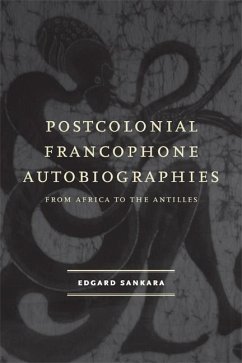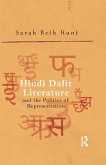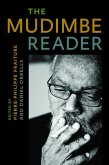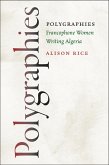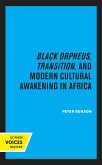Bringing a comparative perspective to the study of autobiography, Edgard Sankara considers a cross-section of postcolonial francophone writing from Africa and the Caribbean in order to examine and compare for the first time their transnational reception. Sankara not only compares the ways in which a wide selection of autobiographies were received locally (as well as in France) but also juxtaposes reception by the colonized and the colonizer to show how different meanings were assigned to the works after publication.
Sankara's geographical and cultural coverage of Africa and its diaspora is rich, with separate chapters devoted to the autobiographies of Hampâté Bâ, Valentin Mudimbé, Kesso Barry, Patrick Chamoiseau, Raphaël Confiant, and Maryse Condé. The author combines close reading, reception study, and postcolonial theory to present an insightful survey of the literary connections among these autobiographers as well as a useful point of departure for further exploration of the genre itself, of the role of reception studies in postcolonial criticism, and of the stance that postcolonial francophone writers choose to take regarding their communities of origin.
Modern Language Initiative
Dieser Download kann aus rechtlichen Gründen nur mit Rechnungsadresse in A, D ausgeliefert werden.

